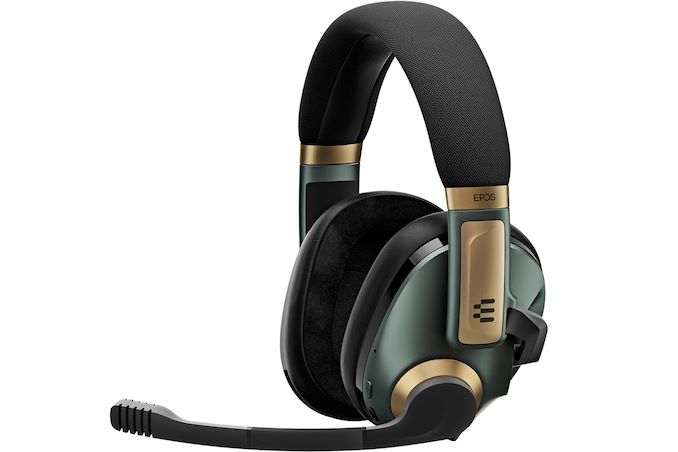- cross-posted to:
- headphones@lemmy.film
- gaming@kbin.social
- cross-posted to:
- headphones@lemmy.film
- gaming@kbin.social
Technically the successor owner of the gaming brand.
Epos has announced that it will be exiting the gaming headphone business and will instead focus on enterprise communications products. The company’s gaming products…



Edit: Turns out that my information is outdated - hardware audio offloading support was added back in Windows 8, apparently!
Original comment: Sound processing hasn’t been offloaded to the sound card since Windows XP - you’ll get no performance improvement from having a sound card.
Benchmarks on my PC say otherwise (and i use Windows 10).
I’m interested in learning more! What benchmarking software are you using and how are you testing that?
Edit: I looked into it and my information was outdated - support for hardware audio offloading was added back in Windows 8! I still have no idea why they removed it between XP and Windows 8, but I’m glad it’s back.
I reccomend you watch the following video:
https://youtu.be/aFy9jZzDSnY?si=2RA9NI0BOT6PFYn8
But basically, just as it has been since the dawn of PC Gaming, it’s a case by case scenario.
However!
If you are dealing with intensive, single thread tasks (AKA Emulating PS2 and higher, or video rendering), you should get a noticeble increase on performance due to the CPU being relegated of audio-related tasks.
And finally, 99.9% of PC users don’t need an output higher than 48Khz, 16-Bit. So if you aren’t the exception, put your settings around those numbers to enjoy a bit of extra performance.
Yeah, when Vista came out it basically killed off sound cards as a mainstream product, both because of the new way the system interacted with the sound card and because of the big increase on CPU (and even GPU) requirements.
But once Windows 8 came out in 2012, x64 finally became standard, and seems sound card manufacturers wanted to give one last hurrah by optimizing their drivers for Windows 8 (which makes them compatible with Win 10 & 11 almost by default).
Now, the sound industry is still pretty much dead to anyone who isn’t an audiophile. But i’m happy to say that they are still products that can enhance your audio, production and gaming experience if you know how to use them. :)
Thanks for sharing, and for putting me right, I appreciate it! I’m very glad that they’ve backtracked on that. While it’s not a huge amount of processing in most situations, I work as a programmer and I don’t love it when I compile code and my music sounds horrible for a few seconds as the CPU gets absolutely massacred by MSBuild.
I have a DAC which is currently connected by USB - it does have SPDIF inputs as well, though. Do you happen to know if they make sound cards with USB output? Or would I need to use the SPDIF output on the card?
I might still have an old sound card kicking around (Creative X-Fi Fatality or something) but I’m not sure it’ll have Windows 8+ compatible drivers, so I might have to get a new one.
No prob, i’m glad to be helpful. 🙂✌️
Now, i don’t know of any sound card that uses USB as an output, so yeah, SPDIF would be your only option.
And yes, all X-Fi cards have Windows 8/10 official compatible drivers. They were the *top-tier sound solutions of their time after all. 🏆🎵
*Except the X-Fi XtremeAudio, that thing is just a re-branded Audigy SE.